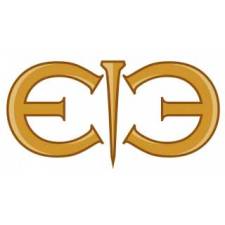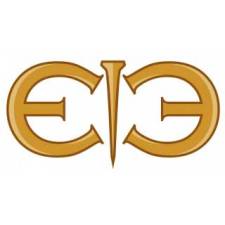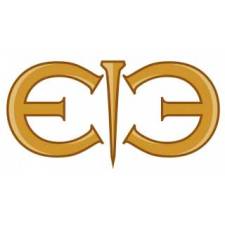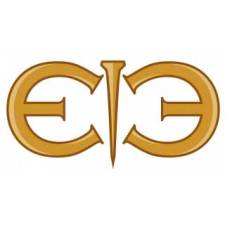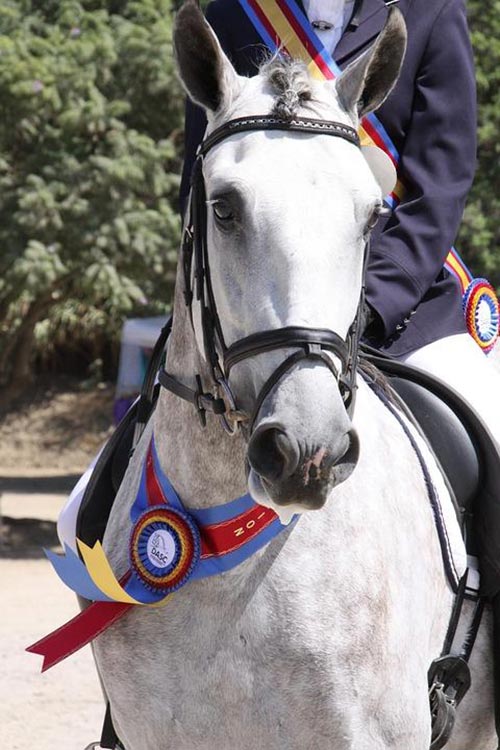
by Lisa El-Ramey
Despite how it might feel with their eyes upon you in the show ring, the judge is actually your ally as an equestrian: Lisa El-Ramey, USEF Senior “S” judge, shares her expertise.
You are ready to go to your first horse show, or maybe you have been to a few. You have prepared yourself and your horse. You have all the right tack, the right clothes, everything is clean, and you are ready… or are you?
Before you enter the show you have one more step to complete: it is important to know what horse show to enter. Not all horse shows are equal, nor should they be. Most riders begin their show careers at a local show facility or farm, at what is widely known as an open show. These competitions are generally attended by local barns and competitors, managed by the local riding club or stable, judged by mostly local judges or trainers, and offer a wide array of classes in western, hunter/jumper, saddleseat, and possibly, dressage.
From these humble beginnings, riders improve their skills and work their way up to their first “rated” show. These competitions are rated by the equestrian organizations that administer them. This could be the United States Equestrian Federation (USEF), breed or discipline specific organization, or the American Quarter Horse Association (AQHA). The USEF oversees many riding disciplines, as well as most breeds. The AQHA is American Quarter Horse specific and while they offer most riding disciplines at their breed specific competitions, entry is limited to Quarter Horses.
Rated shows may have different designations requiring different levels of facility, concession, judge, farrier, veterinarian, medical personnel, etc. The organizations oversee the rules of competing, licensing judges and other show officials, administer drug testing, and supply all competitors access to the rules. These rules are spelled out in the rulebook. In the rulebook, competitors will find specific descriptions of the classes. These descriptions will include the compulsories the judge is bound to adjudicate by and the gaits and other requirements the horses/riders will be asked to perform.
A good way to prepare for competition is to attend horse shows similar to the ones you are interested in entering and spend time watching the classes you would be participating in. While judges may have some of their own quirks and preferences, there are some general trends you should be able to appreciate while observing the classes and their placings.
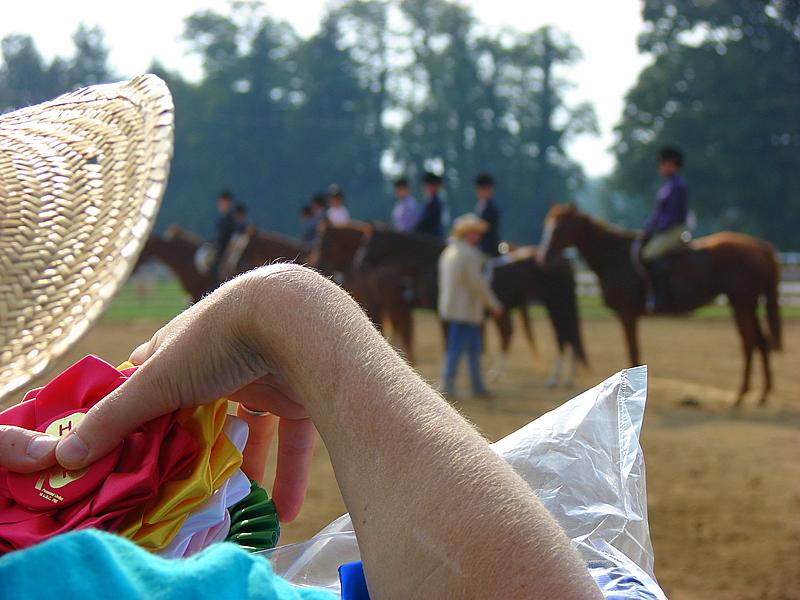
If you want to take your understanding to the next level, you could make the effort to attend larger and higher rated horse shows. The higher rated shows attract competitors, whose skills, are often many standards above the local shows. You could choose to attend these shows on your own or, perhaps, sign up for group events like Wellington Insider Tours offers. These groups attend international-level competitions; dressage, show jumping, and polo in the winter hot spot of Wellington, Florida. The annual Winter Equestrian Festival is held from January through April. The tour groups will see top international contenders vying to make their respective countries’ teams at upcoming World Equestrian Games, World Cups and Olympic Games. During these competitions, tour guests will observe with licensed judges and learn what the riders are being rewarded for and where they need to improve. (Pixabay/fb2013/CC)
Now you know about horse shows! You are ready to enter your classes… or are you?
Once you have identified the appropriate horse show for you and your horse’s level of experience, you have to select the right class to enter. Review the rulebook or speak with your instructor/trainer to make sure you enter suitable classes. By entering the proper classes you are not over-facing yourself or your horse and you will be judged accordingly.
Okay. Now, you are ready! The classes start and around the ring you go. The placings are completed and called out over the PA system. You really thought you had a great ride, but only got a fourth place. Did the judge not like you or your horse? What did you do wrong? How can you change or improve it?
The first thing to understand when being assessed in competition is that judges should always judge from an “ideal”. An “ideal” is the accepted standard by the industry at large. This will, of course, be specific to discipline and breed. Depending on the class, entries will be in the ring together and judged simultaneously or will be presented and judged individually. The judge will place the class, choosing a winner that mostly closely resembles the “ideal”. At the local show level, there will likely be few who meet this standard and generally they will win the majority of classes. Where you place in the class will depend on your specific performance and how that compares to the “ideal”, as well as, the other entries and their performances.
It is important when you compete, should you make a mistake, continue to put in your best effort. You have no idea what mistakes the other competitors may be making and how that may affect the placings in the class. You will know by your placing how close you are to achieving the “ideal” in comparison to the other entries.
While you have been hard at work preparing for competition and educating yourself on the expectations of the judge, the judges have been working hard too. Judges have spent years accumulating experience through their own equestrian careers as competitors, instructors, and trainers. Some have taken it further and begun the lengthy and expensive process of achieving their judge’s license. Judge licensing is done through the United States Equestrian Federation (USEF) or the American Quarter Horse Association (AQHA). Depending on the discipline or breed, judges may have to demonstrate competitor experience requirements of their own, apply and be accepted into a judges’ training program, attend judge training, pass the required written and practical examinations and, in addition, apprentice judge under currently licensed judges demonstrating their skills and knowledge. Judges are given specific designations for the licenses they currently hold. Many breed licensed judges are either “r” Recorded or “R” Registered judges. In dressage, there is an additional license, the “S” Senior judge. If the show organizer doesn’t already provide information regarding the license(s) the judge holds, ask the organizer to please furnish it. If the judge does not hold a license — and even if they do — it is always a good practice for the show organizers to provide recent biographies of the judges.
Another step you can take is approaching the show manager and asking if you can speak with the judge. Judges should always be willing to meet with competitors, help them understand their performance, and better yet, how they can improve.
Speak with the judge as soon as possible after you are done competing. The judge will see many riders and horses during the course of the show, so be prepared to remind the judge of what you were wearing and what your horse looks like. The judge can help guide you with a suggestion or two on ways to improve your presentation and performance.
Lastly, judges are equine professionals. As equine professionals, they are active participants in the equine industry. It is in the best interest of the industry and their specific businesses to attract and maintain customers. In this case the customer is you, the rider/competitor. Judges want to be as helpful as possible to help increase participation in the horse world!
See judges as an additional resource and ally in your riding education and endeavors!
Go riding.
Lisa El-Ramey is a USEF Senior “S” judge and the owner of Wellington Insider Tours, which immerses its guests in dressage, show jumping and polo during three-day VIP tours. On tours, guests are able to meet international riders and judges,and even learn directly from licensed judges what competitors must do to earn their dressage scores, giving them a true appreciation for the shows they attend during the tour.
This article appeared originally on Horse Nation and is published here with permission. Find out more about English Riding in our section right here on EIE.







